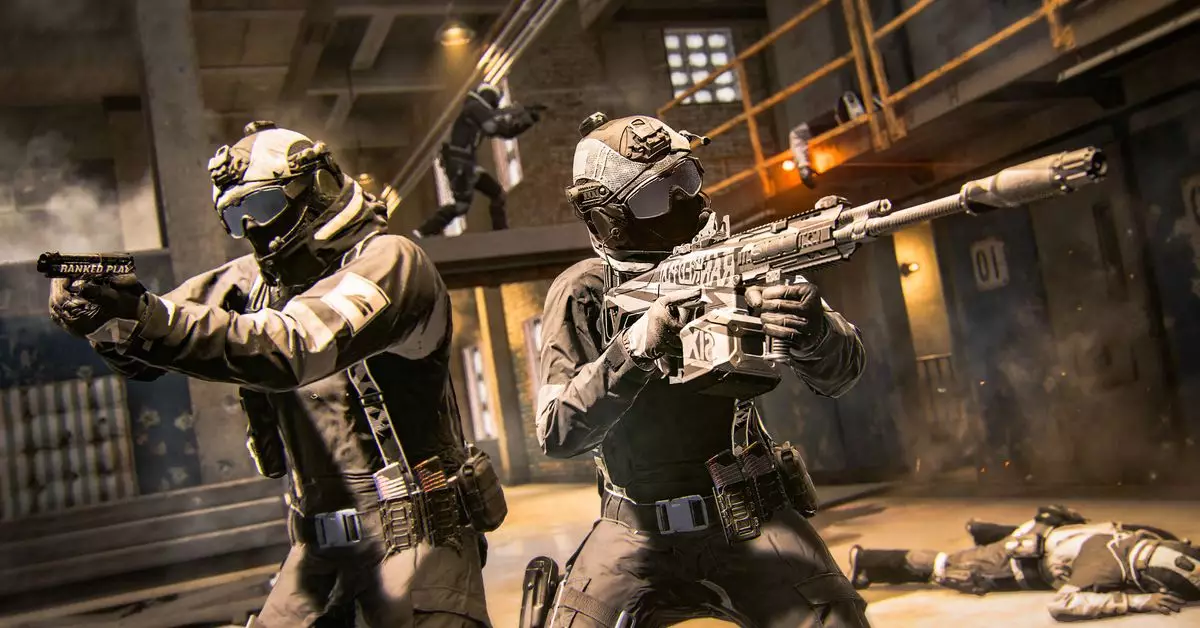Online gaming has transformed into a competitive battleground where skills are paramount. However, the emergence of cheats and hacks often clouds the integrity of these gaming experiences. Activision’s popular titles, such as Modern Warfare III and Call of Duty: Warzone, have recently been embroiled in controversy due to their anti-cheat system, Ricochet. The implications of cheating not only affect gameplay but also standing among communities and the reputation of developers themselves.
Upon realizing that some legitimate players were mistakenly banned, Activision took action by announcing the disabling of a workaround that had inadvertently flagged innocent accounts. They acknowledged that “a small number” of legitimate players were affected, which was promptly disputed by the cheat retailer, zebleer. By claiming that “several thousand random COD players” were banned due to this exploit, zebleer shed light on a much broader issue. Activision’s minimal acknowledgment of the situation may seem dismissive to those substantially impacted by the error.
Diving deeper into the controversy, zebleer elaborated that the Ricochet system uses specific memory scans to detect cheating software. Alarmingly, a mere string of text—”Trigger Bot”—could lead to a ban, particularly if it appeared in a player’s memory after being mentioned in chat or through a friend request. This loophole opened the door for malicious players to instigate bans on unsuspecting individuals, diminishing the experience for genuine players. The notion that bans could be artificially triggered by simple interactions within the game’s chat system raises significant ethical concerns.
The incident has stirred a storm of reactions from both players and streamers alike. A notable case is that of BobbyPoff, a respected COD streamer, who faced temporary bans that sparked debate within the gaming community regarding his integrity. While BobbyPoff maintained his innocence, speculation and mockery became rampant as players questioned the effectiveness of Ricochet amid these circumstances. This incident not only highlights the community’s reliance on the fair play ethos but also emphasizes the brittle trust players place in anti-cheat measures.
Moving forward, there is a pressing need for game developers to establish robust anti-cheat mechanisms that protect all players while also ensuring due diligence in execution. Future updates from Ricochet, as hinted by the Call of Duty Updates account, should ideally address these vulnerabilities comprehensively. The gaming community demands accountability and transparency, requiring that developers learn from their mistakes to prevent similar controversies from arising.
The confrontation between the whims of cheating and the integrity of gaming communities continues, urging both players and developers to engage in dialogue and understanding to uphold a fair competitive environment. As technology advances, so must our strategies against those who threaten the spirit of gameplay.

